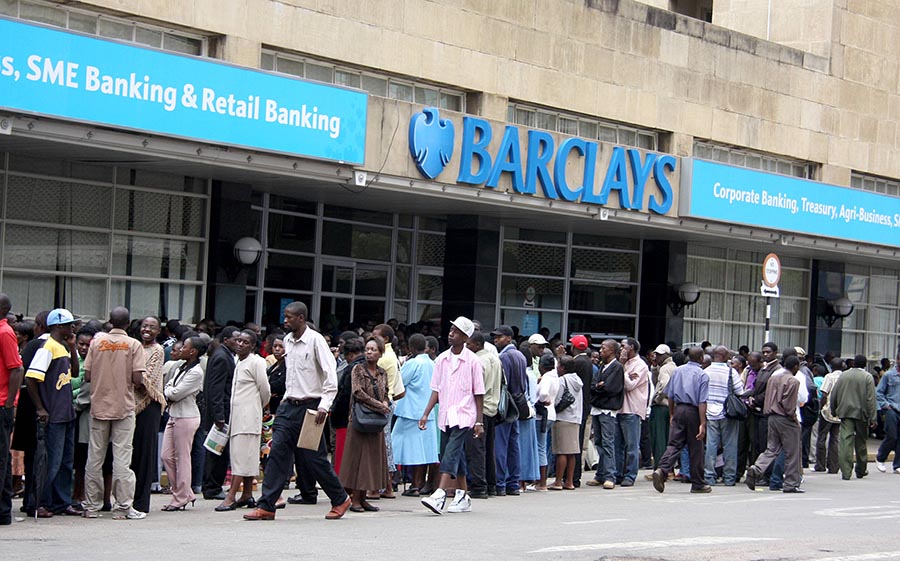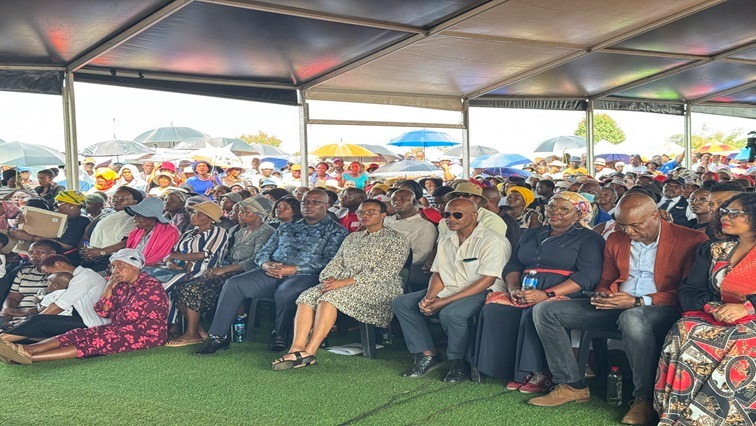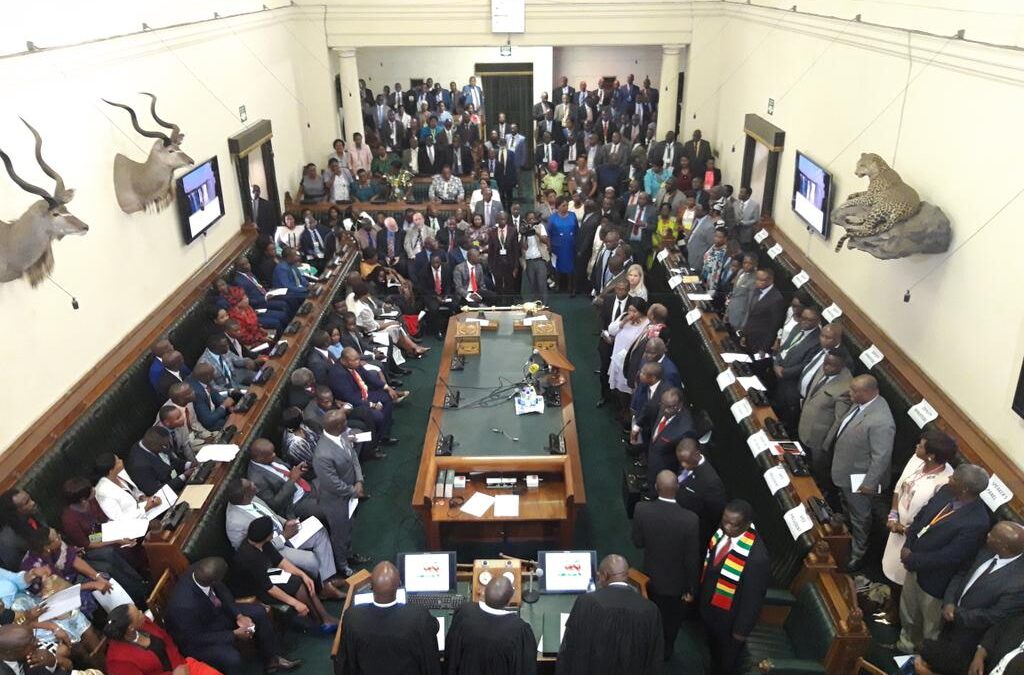Tafadzwa Nyikadzino
The number of Covid 19 cases in Zimbabwe continue to rise, with the latest statistics in Information, Publicity and Broadcasting Services Monica Mutsvangwa’s Media Briefing indicating that cases have risen by 56% from 1 611 to 2 512 this past week while local cases have risen by 80% from 791 to 1 426 .
The rising figures have seen some workers in public places like Hospitals and Supermarkets contacting the virus. But authorities are ignoring potential hotspots which can precipitate the spreading of the pandemic in the country despite them announcing that they would effect stricter regulations to contain human to human contact and movement.
Although the police and the army are manning roadblocks and conducting regular tours in the Central Business District and shopping centres in residential areas to monitor if people are practicing preventive measures, they are ignoring potential hotspots like Bank queues, supermarkets, bus terminuses and high residential suburbs where crowding and human to human contact is rife. These areas are not being properly monitored and if the situation continues like that, a lot of people will contact the virus at an overwhelming rate.
Bank Queues
Bank queues are the order of the day in Zimbabwe. The huge appetite for cash, and its shortages in the country has led to a situation where it is now difficult to see a banking halls which operates without a long and winding queue outside. The queues are even bigger this week as workers are going to banks to withdraw their salaries, and pensioners their pensions.
Although security details at various banks are making use of preventive measures like applying hand sanitizers to customers and limiting the number of people who enter the banks at one go, they do not in any way enforce people to maintain the required 1 metre distance at queues. So human contact is very high at bank queues.
The reporter noticed that law enforcement agents are focusing their efforts in making sure that businesses are using thermometers to test clients before they enter their premises. But they are not visiting bank queues to make sure that people are a metre apart from each other while they queue for their cash. This is putting citizens at a high risk of contacting the disease.
Supermarkets
In this past week, a number of supermarkets had their workers testing positive to Covid 19. This alone reveals how complacent these institutions are in terms of following preventive measures. In the CBD, big supermarkets which I cannot name for professional and ethical reasons are mainly focusing on following preventive measures when people are outside the shop because this is where security details tell people to maintain social distance and apply hand sanitizers before they enter.
But once people are inside, no one will be there to encourage people to limit human to human contact. People are allowed to exchange trollies which are usually not sanitised to kill whatever that will be left by previous users. On top of that, people do not maintain distance at tills and none of the shop officials will be present to make sure that people maintain distancing.
This places supermarkets among potential hotspots that can aide the spread of the pandemic.
Bus terminuses
These areas have a high rate of human to human contact. Despite spirited calls by the media and other civic groups for authorities to enforce strict monitoring of people at bus terminuses, nothing has changed. People are not maintaining distance as they queue for buses and the high volumes of people who will be at bus terminuses especially after working hours are worrying.
Human to human contact at bus terminuses is rife to an extent that authorities should move in as a matter of emergency to control people to prevent the spread of the pandemic.
High residential areas
The current lockdown has created 2 distinctive worlds in Harare, the one in the CBD which depicts a picture where every citizen is following lockdown rules as every person compliantly wears their masks and comply to lockdown rules, and the other one in residential areas where only a few people are complying to the lockdown rules.
The majority of dwellers in high residential areas are not following preventive measures as they continue to interact in crowds. A visit to any high density suburb can show you that there will be a hive of activities at most shopping centres as people will be drinking and being merry outside the shops.
Other dangerous areas are at boreholes where people fetch clean water for consumption. People exchange the pumping lever at boreholes without sanitising their hands. This means that if an infected person touches the lever, he can infect every person who fetches water at that respective source.
These things make high residential areas potential hotspots and if they continue to be ignored, a lot of people will be infected with Covid 19.
Zimbabwe cannot afford to have a big spike of Covid 19 cases as it can overwhelm our health institutions which are already struggling with medical, equipment and staff shortages. Our authorities need to be firm in making sure that people continue to apply preventive measures to limit human to human interactions to prevent the spread of the pandemic. Otherwise the country will heard into a serious health disaster.





0 Comments